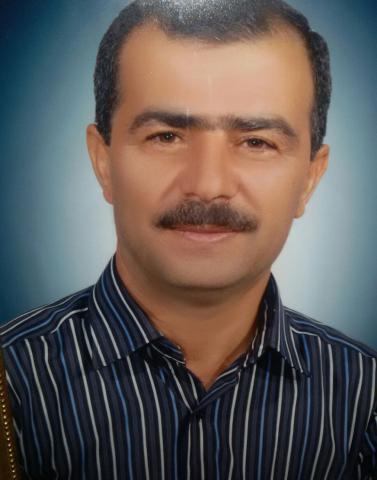
In April 2016, Alkarama wrote to the United Nations Working Group on Enforced Disappearances (WGEID) regarding the cases of three Syrian citizens, Qassab Jamal, Mohammad Saleem al Sharqa – who had already been arrested in 2012 for their participation in peaceful demonstrations – and Nassir Al Nuaimi. All three Syrian citizens disappeared after their arrest by the security services between 2012 and 2014. Alkarama hopes that the WGEID will be able to help disclose their whereabouts.
On 17 July 2012, members of the Military and Air Force Intelligence in civilian clothes broke into Jamal’s workplace in the Salaheddine district of Aleppo and arrested him without providing any reason for the arrest, before taking him to an unknown location. Qassab Jamal, a 57-year-old trader, had already been arrested twice by members of the security services for his participation to peaceful demonstrations. Fearing to be arrested themselves, his relatives did not inquire about his case with the authorities.
On 26 November 2012, Economics student Al Sharqa was driving near his house in the Al-Zahra al-Jadeeda neighbourhood in Damascus when he was stopped at a checkpoint by members of the General Intelligence Directorate, who immediately arrested him, handcuffed him and put a sack on his head, before dragging him into his car and taking him to an unknown location. After being informed of his arrest by passersby, his family tried calling Al Sharqa’s mobile phone. Mohammed Al Sharqa answered the call and told his family that “he should be released soon”, however he was never seen again. His family believes he was arrested because he participated in peaceful protests against the government. After inquiring about his son’s whereabouts at the General Intelligence Branch in Damascus, Al Sharqa’s father was himself arrested and tortured, before being released 10 days later.
On 2 February 2014, Nassir Al Nuaimi, a 40-year-old employee at Zanobia Ceramic in Damascus, was driving back from a doctor’s appointment with his wife when they were stopped by members of the First Division of the Syrian Army at a checkpoint in the city of Al Kiswah, 13 kms south of Damascus. At the checkpoint, the soldiers told Al Nuaimi that he was being searched for and arrested him, before taking him to an unknown location. After inquiring about his whereabouts in different facilities, his family was informed by the Military Police in Qaboun that Al Nuaimi “died in detention” and provided them with a death certificate. Nevertheless, the family was informally told by a member of the Security Services that he was still alive, and his corpse was never handed over to them. According to members of the security services, it is not rare that death certificates are issued for disappeared people who are secretly detained in Syria.
“These abductions are further examples of the widespread and systematic practice of enforced disappearance in Syria, which has claimed tens of thousands of victims to date. Enforced disappearance constitutes a tool of repression that targets not only political opponents and peaceful demonstrators, but also ordinary citizens. Their families often do not report the disappearance at the domestic level, fearing to be arrested, tortured or disappeared themselves”, says Inès Osman, Legal Coordinator at Alkarama.
For more information or an interview, please contact the media team at media@alkarama.org (Dir: +41 22 734 1008).
